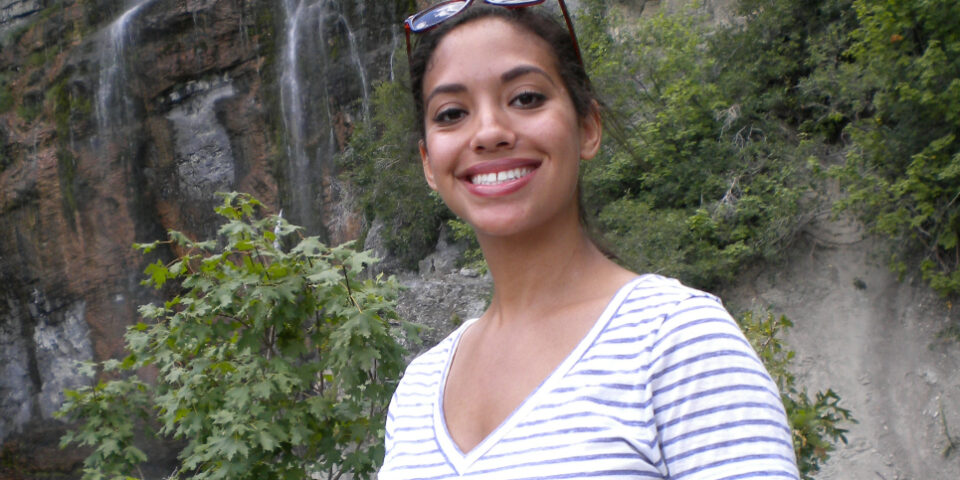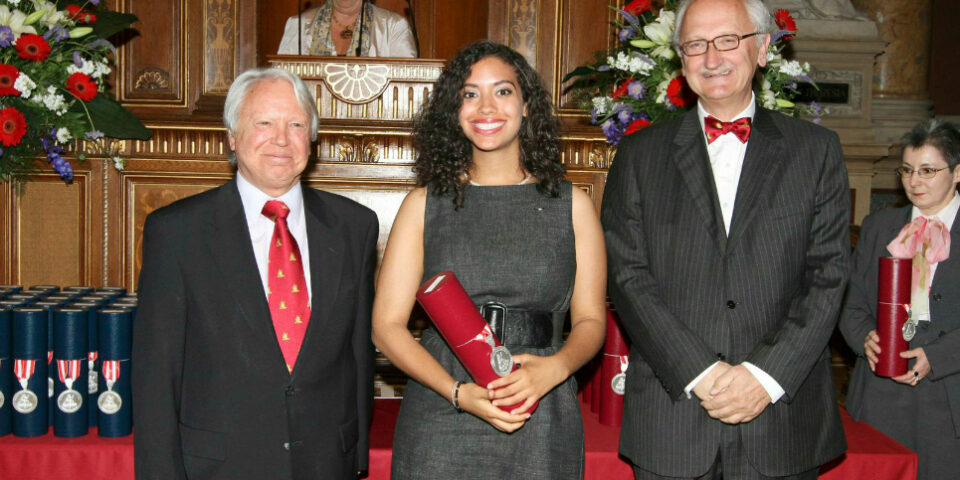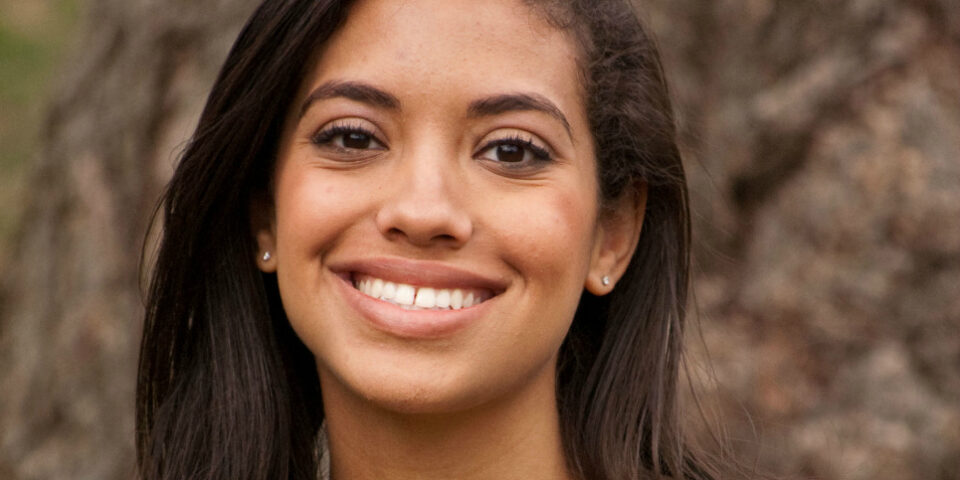I was raised in the Church by my mother, a convert and a single mother who raised me and my sister largely by herself. I grew up seeing how she ran our household, working two and sometimes three jobs. I grew up hearing her tell me about her time in college, and the value she placed on a woman being educated and ready for a career. I heard about her mother, and how she and her husband raised thirteen children together, about my aunts and great-aunts, and all the work they did, the lives they lived as black women in a world that had precious little esteem for either of those qualities. In spite of how society saw them, these women knew their own worth. Whether they were nurses or schoolteachers, domestic servants or homemakers; whether they had gone to a prestigious university or ended their formal education in the eighth grade, these women knew who they were and lived out their lives with the inherent dignity that such knowledge imparts.
For myself, I love politics, international politics especially. After I graduated from university (my mother’s alma mater), I spent a year in Vienna as a Fulbright scholar. I love to read, from scientific nonfiction to beloved Golden Age mysteries. (I’ve actually read every single Agatha Christie book, including her memoir, and three of the six novels she wrote under the pen name Mary Westmacott. I know, I’m so cool). I love theatre and movies and listening to public radio. I believe in the importance of making your bed each morning. I make a darned good apple pie.
I am a Mormon because I was raised to be and because as I grew older, I found in it a further moral underpinning for my beliefs about the immorality of inequality and structural injustice. God is, we believe, perfect; that is to say, both merciful and just. A God who not only allows, but ordains, the structural oppression of women, ethnic minorities or people of differing sexual orientations, cannot be just and therefore cannot be God. It is a God made in the image of those most powerful. With that we cannot build Zion — a place where we are of one heart, if not always of one mind, a place where we care for one another; a place without physical or spiritual poverty. I believe we can build that place. I believe women should be ordained.








